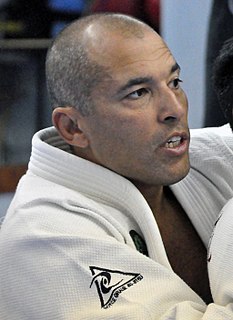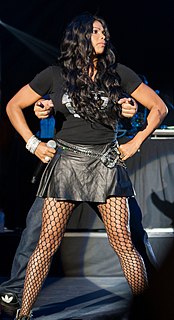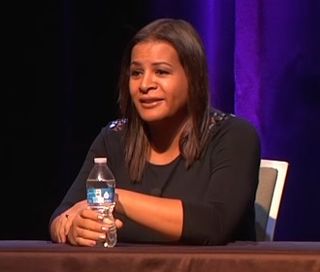A Quote by Gloria Steinem
The gender prism is just descending upon us. For instance, when we're girls of nine or 10 we may be climbing trees and saying, "I know what I want. I know what I think." And then suddenly at 11 or 12, the gender role takes hold, and adults tell us, "How clever of you to know what time it is." It happens to boys, too and even sooner - between five and eight. Before that, boys cry and express uncertainty.
Related Quotes
I think girls from a young age know what they want, and boys kind of have to keep up and catch up to them. Even in kindergarten, girls are pretty much the ones that like the boy first and the boys are like, 'Oh, I want to play with my trucks.' They think it's not cool. I think girls are definitely more ahead than boys.
I would say how important it is that we stop teaching kids, from the beginning, that boys are more important than girls. It's the 21st century, you know, let's go here. We have to show kids that boys and girls share the sandbox equally and do equally interesting things. We're teaching kids something that we have to try to get rid of later on. Why not just stop filling them with unconscious gender bias?
You think fairy tales are only for girls? Here's a hint - ask yourself who wrote them. I assure you, it wasn't just the women. It's the great male fantasy - all it takes is one dance to know that she's the one. All it takes is the sound of her song from the tower, or a look at her sleeping face. And right away you know - this is the girl in your head, sleeping or dancing or singing in front of you. Yes, girls want their princes, but boys want their princesses just as much. And they don't want a very long courtships. They want to know immediately.
My father left us three times when I was between three and six. You just couldn't tell - suddenly one day he would leave and then maybe he would come back after six months without telling you why. And then maybe he would disappear again after a year and it's very difficult to take when you are four or five. You just don't know how to handle it and nobody in the family wants to talk about it. My mother didn't know how to tell us and she needed to work because we needed money to live.
You know, you hear about these movements for women, and for children, and for people who are any race but white, and you think that it's about time that men got a movement. Think about it. Guys can't play the piano, or dance, or sing. We can't cry, or be too happy, or show any emotion for that matter. The only thing we have left to us is anger, and even that we have to bottle up. Boys should be able to express what they feel and not have to endure people laughing at them, forcing them to wonder if they're gay or not, just because they like to paint.
I grew up in the suburbs of Cleveland in 1988 and there was just one year where suddenly all of the delivery kids that used to be boys were suddenly girls. It happened at our church too. Altar boys were suddenly altar girls. There was just this sense that all these young women knew there were openings here to be the first of their kind.
I'm not suggesting that all men are beautiful, vulnerable boys, but we all started out that way. What happened to us? How did we become monsters of feminist nightmares? The answer, of course, is that we underwent a careful and deliberate process of gender training, sometimes brutal, always dehumanizing, cutting away large chunks of ourselves. Little girls went through something similarly crippling. If the gender training was successful, we each ended up being half a person.






































